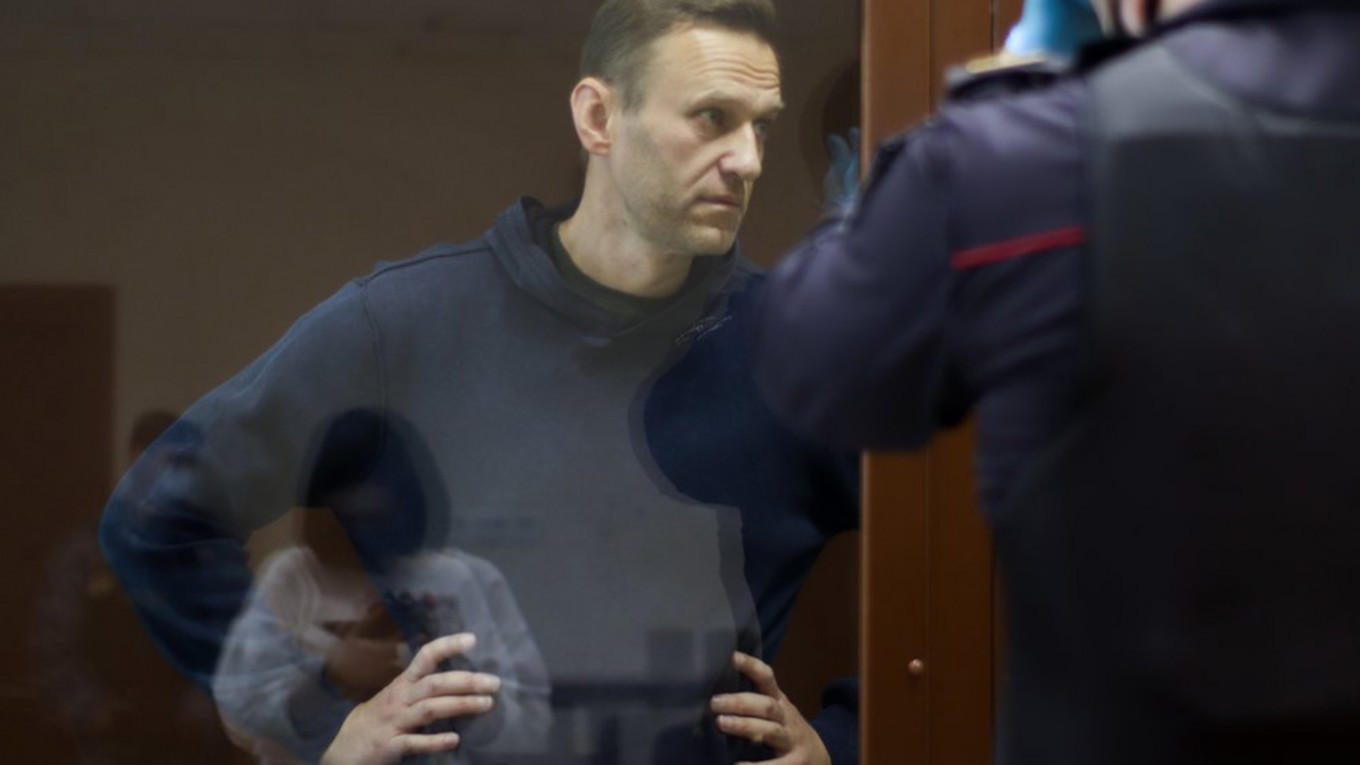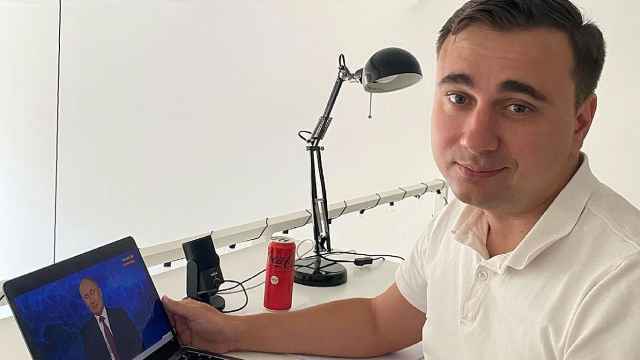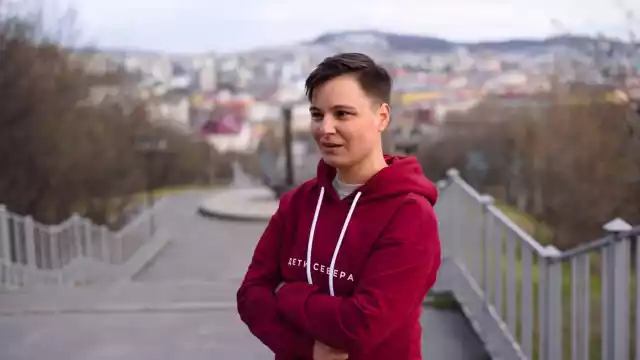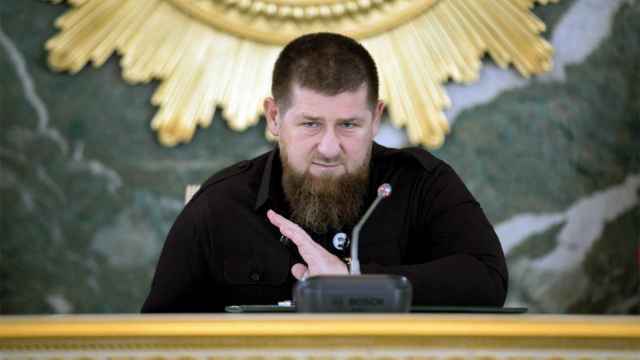Jailed Kremlin critic Alexei Navalny's wife, Yulia Navalnaya, said on Tuesday she was increasingly concerned for her hunger-striking husband's health after visiting him at his penal colony outside Moscow.
Navalny, who is serving a two-and-a-half year sentence on old embezzlement charges, was jailed in February after returning to Russia from Germany where he was receiving treatment for a poisoning attack he says was orchestrated by the Kremlin.
Russia's most prominent opposition figure announced a hunger strike two weeks ago to demand adequate medical treatment, and his allies said this week that authorities had threatened to force feed him.
In a post on Instagram, Navalnaya said she had visited Navalny on Tuesday and communicated with him by phone and through a glass screen.
"He is just as cheerful and fun. But he speaks with difficulty and from time to time hangs up and lies down on the table to rest," she wrote.
"I know that he is not going to give up... But after the visit with Alexei, I worry about him even more."
She added that prison officials were continuing to prevent a doctor from seeing Navalny and that he now weighed 76 kilograms (168 pounds) — down nine kilograms (20 pounds) since beginning his hunger strike almost two weeks ago.
Navalny, who is 189 centimeters (six feet two inches) tall, had already lost significant weight in prison before launching the hunger strike.
He weighed 93 kilograms (205 pounds) when he entered the facility in February and was down to 85 kilograms (187 pounds) when he started the hunger strike on March 31.
Koran lawsuit
In his own Instagram post earlier Tuesday, the 44-year-old opposition politician said he was suing prison officials for denying him access to the Muslim holy book, the Koran.
Navalny said he was taking legal action against prison authorities because "they won't give me my Koran. And it's infuriating."
"When I was jailed, I made a list of ways I wanted to improve myself that I will try to complete in jail. One of the points was to deeply study and understand the Koran," he wrote.
"Books are our everything, and if you have to sue for the right to read, I will sue."
Navalny came under fire early in his political career for making nationalistic comments and deriding immigrants in Russia from predominantly Muslim countries in Central Asia.
His post came as many Muslims around the world started Ramadan after religious leaders confirmed the month of fasting would begin on Tuesday.
Navalny said he had read the Koran before but had not internalized its core tenets.
"I realized that my development as a Christian also requires studying the Koran," he wrote in the Instagram post.
Navalny's lawyers and allies are demanding that he be transferred to a regular hospital. The Kremlin has said that Navalny is not entitled to any special treatment.
Navalny has been a thorn in the Kremlin's side for a decade by probing corruption among officials and leading large protests throughout Russia.
A Message from The Moscow Times:
Dear readers,
We are facing unprecedented challenges. Russia's Prosecutor General's Office has designated The Moscow Times as an "undesirable" organization, criminalizing our work and putting our staff at risk of prosecution. This follows our earlier unjust labeling as a "foreign agent."
These actions are direct attempts to silence independent journalism in Russia. The authorities claim our work "discredits the decisions of the Russian leadership." We see things differently: we strive to provide accurate, unbiased reporting on Russia.
We, the journalists of The Moscow Times, refuse to be silenced. But to continue our work, we need your help.
Your support, no matter how small, makes a world of difference. If you can, please support us monthly starting from just $2. It's quick to set up, and every contribution makes a significant impact.
By supporting The Moscow Times, you're defending open, independent journalism in the face of repression. Thank you for standing with us.
Remind me later.






